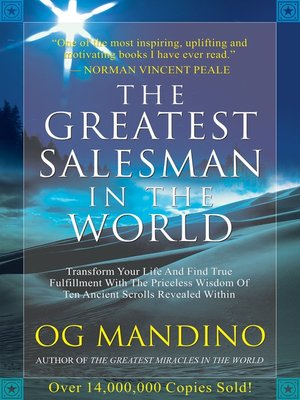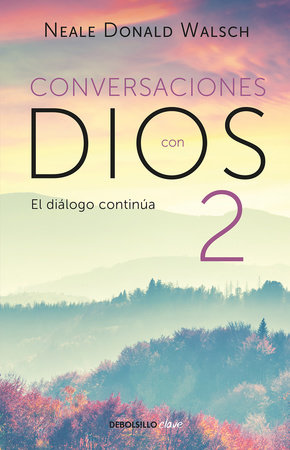Saturday Stories
December 29, 2018

I
II
As he made his way back to their caravans, he tried to think of a way to explain to the merchant Pathros, his master, what he had done with the blanket. At that same moment, Pathros was standing outside his tent, watching in awe of a bright moving star that seemed to have come from Bethlehem. Pathros was known as the greatest salesman in the world, and he had looking for many years for someone with whom he can share the secrets of his success.Then he saw Hafiz in the distance, with the star lighting his path. He then knew that, finally, his search was over.
III
Hafiz is the hero of one of the most beloved authors of all time – Og Mandino. I think of Og as the perfect example of how a single individual can change the lives of millions. I have a story, "Og Mandino's Messages of Hope," which appeared in Philippine Panorama on October 20, 2013 and is now part of my book The Way To Inner Peace from Amazon Kindle, my tribute to the man who made this world a better place through his stories. I shared some of the best lessons I learned from his books The Greatest Miracle In The World and The Choice and Greatest Success In The World and A Better Way To Live and the story of Hafiz – The Greatest Salesman In The World.
IV
Photo courtesy of AbeBooks.com


